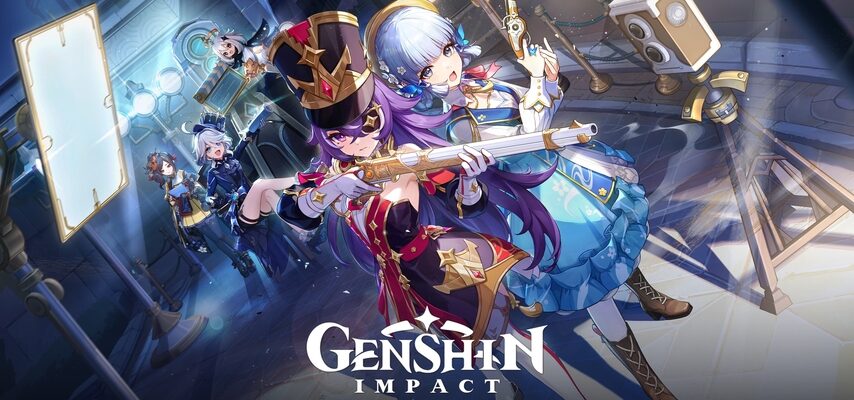Investors whose propensity to become alarmed a little quickly is known, especially since we are still only talking about a bill which will be submitted to public comments until January 22, 2024, but the The fact is that some of the rules proposed by regulators are causing obvious panic. Tencent and NetEase, to name only the two largest, plunged 16% and 25% on the stock market (i.e. a total loss of value of 80 billion dollars) upon reading this bill which clearly aims to reduce player spending in free-to-play, in other words what makes up the vast majority of the video game market in China. The reason is the same as when the drastic reduction in playing time for minors came into force in 2021, or when there was a total freeze on game releases for 8 months, namely to fight against addiction.
Don’t touch my gacha
As Reuters explains, these new rules include the disappearance of rewards that online games give to users to encourage them to log in every day, make a first purchase or continue spending. These rewards often include virtual currency which then allows you to make even more in-game purchases. Furthermore, studios will be required to set a limit on the amount that players can pay into their digital wallet, without knowing the height of the ceiling in question. But perhaps the most significant rule is the one that prohibits games from offering odds-based lotteries to minors and prohibits the auctioning of virtual items. In other words, regulators are telling video game players that they want to ban gacha, fundamental principle of the free-to-play economic model, for under 18s. Certainly, the latter do not represent the bulk of the market, but the impact of this proposal cannot be ignored.
However, don’t count on Tencent to rebel or question the validity of the intentions of its glorious government. Managing Director of Tencent, Vigo Zhang has already promised to scrupulously implement any new rules. According to him, the new bill is an extension of the desire of regulators, which is to ensure that companies operate according to reasonable business models. Good student, Vigo Zhang adds that in accordance with the restrictions that occurred in 2021, miners spent a historically low amount of money and time on Tencent games. Remember that the year 2022 therefore marked the first decline in 20 years for the video game market in China. Growth, however, resumed in 2023 with an increase of 13% (303 billion yuan / 38.5 billion euros) according to estimates.
You can’t catch waifus with vinegar
The analysts appear much less placid. “ Removing these rewards is likely to reduce daily active users and in-app revenue, and could ultimately force publishers to fundamentally rethink their game design and monetization strategies », Explains Ivan Su, analyst at Morningstar. “ Among the many rules of the project, three are particularly important. Rule 18 eliminates daily login rewards, first-time top-up bonuses, and consecutive purchase rewards – key elements that drive player engagement and in-app purchasing behavior. Removing these incentives is likely to reduce the number of daily active users, in-app revenue, and could force publishers to fundamentally rethink their game design and monetization strategies. Rule 23 should prohibit publishers from facilitating the conversion of in-game assets into real money. It’s a blow to companies like NetEase, which operate many massively multiplayer online role-playing games, or MMORPGs, with complex economies and a host of virtual assets such as equipment, currency and collectibles. Preventing the cashing out of these assets threatens to deplete liquidity from the in-game economy and could dissuade players from investing in virtual goods. »
In this climate of uncertainty for the local market, Tencent and NetEase can more than ever congratulate themselves on having invested so much in studios in Japan, America and Europe (unless it is to close them before even releasing a game). As for the gifted MiHoYo, or HoYoverse among us, he appears to be a visionary by having localized all his games and all his communications at an international level even before the release of Genshin Impact, the cost reduction project only applying to players based in China. On the other hand, ByteDance recently announced the closure of its video game label, Nuverse.
Note that the bill also contains a proposal likely to rejoice the industry, namely requiring regulators to give the green light to the release of a new game no later than 60 days after its submission. For security reasons, Beijing also requires game developers to host their servers in China.
- Also read | ByteDance (TikTok) is already dropping video games
- Also read | First decline in 20 years for the video game market in China
